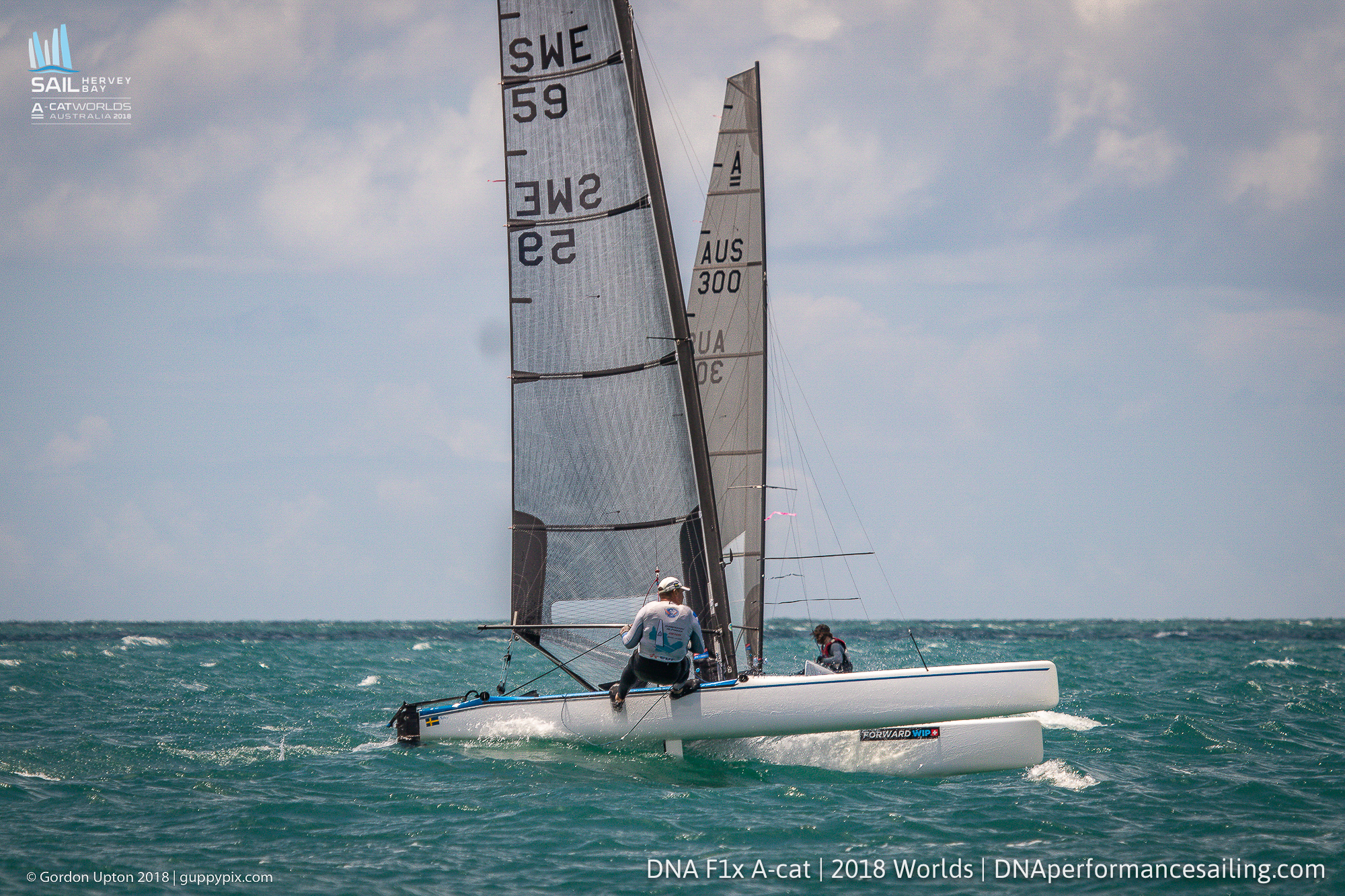Classic Discipline Rules v2019 Trial Version
The IACA committee has approved a trial version of the Classic Discipline rules, which will take effect for 1st March 2019 and be subject to further review at the completion of the 2019 Worlds in Weymouth. Trial rules 1 to 4 and the dispensation are self-explanatory and was the result of the work done by both the Classic Discipline Committee and the Technical Committee. As you are all aware we had tried to control the foiling aspect by a “Gentleman’s agreement” declaration signed by all competitors, which stated:
When racing in the classic discipline my boat whilst under my control will have at least one hull in the water at all times.
Unfortunately this proved a rule impossible to police and subject to conjecture. Trying to put a measurable type rule in place has proved one of immense difficulty. Our Classic Statement clearly spells out the wishes of the discipline, however a well-sailed classic boat with “C” boards can foil at times and we are trying to put a restriction in place to stop this. We must do this without penalizing any boat already in existence.
A measurable Trial Rule (5) is to be put in place, which states:
A boat shall not have two hulls clear of the water for a distance of more than 5 boat lengths.
This has caused a number of issues with certain countries and members, however not one has come up with any form of viable solution other than to retain the “Gentleman’s agreement”. We cannot forget we are a World Sailing Class
and all our rules must have final approval by them. We are in the fortunate position that they have allowed us a two year period to trial different ideas and this is all Trial Rule 5 is. This rule is not about allowing a boat to foil but acknowledging that it can inadvertently happen and if it does the skipper has a “window of opportunity” to stop it without fear of protest. 5 boat lengths is 27 meters or approximately 4 seconds at foiling pace. Similar self-policing/measurable rules are already in existence in the Racing Rules of Sailing (Rule 42 Propulsion. Rule 18 Mark Room within a 3-boat length zone). This is not a rule allowing continual intermittent foiling.
Our sport is self-governing, and in words from our Classic Statement “Trust and Ethics” is paramount. Competitors enter the Classic Discipline based on the guidelines in the “Classic Statement” which clearly states” to enjoy fair racing in a non-foiling mode” and the principles of sportsmanship and fair play are clearly covered in Part 1 of the Racing Rules of Sailing: Rule 2 Fair Sailing. The penalties for not complying with this rule are severe. With this updated definition, we have tried hard to keep the classics discipline an entertaining but safe platform, fun to sail and race, while still a construction class allowing for further developments. You will admit we are trying to solve a complex equation here. I’m sure everyone will play by the rules and continue to sail with us. As such, I hope to meet numerous classics sailors from all around the world in Weymouth this summer.
I take this opportunity to thank all the members of the Classic Discipline Committee and the Technical Committee which have once again worked hard for the benefit of the class !
For the IACA Committee,
Charles Bueche

